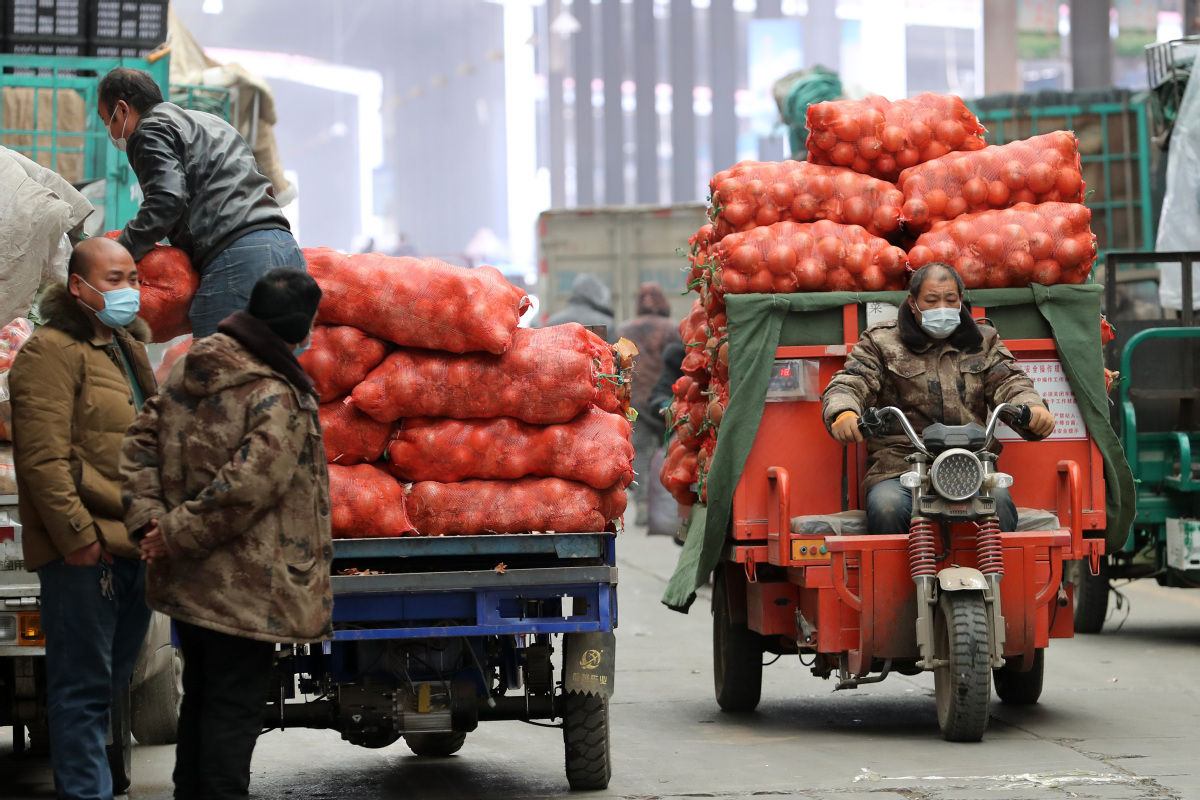Rural areas require better defenses
China Daily | Updated: 2021-01-13 07:52

Since the first confirmed case of local COVID-19 infection in the latest cluster in Hebei province was reported on Jan 2, more than 17 million residents in the cities of Shijiazhuang and Xingtai have undergone a nucleic acid test, and hundreds have tested positive for the novel coronavirus.
As locals brace for a new round of mass testing, epidemic control authorities have warned of the risk of further spread of the virus. It will be no surprise if the province continues reporting new infections over the next few days, if not longer.
Even before we get a full picture of the ongoing local outbreak, many lessons have already presented themselves. The most obvious is on the significance of "early detection, early reporting, early quarantine, and early treatment". The conspicuous time lag between the first confirmed case and a serious community-level response is largely to blame for the situation now.
The most important, however, points to a dangerous, less talked about loophole in the country's pandemic containment regime: the broad, populous, yet inadequately equipped and prepared countryside.
That the earliest infections were first identified last year in the central metropolis of Wuhan, and infections elsewhere have largely been reported from urban areas, has resulted in the misperception that the risk is higher in urban areas than in rural ones. Such understanding naturally led to complacency creeping in.
If there is anything good about the Hebei outbreak, it has proved that perception wrong, and exposed the special vulnerability of the largely overlooked countryside.
At a Jan 9 news conference, Hebei authorities revealed more than 85 percent of those infected were rural residents. The proportion may be a lot higher since most of the newly confirmed cases are villagers.
The cases had not been detected and reported in a timely manner because many of the victims went to rural neighborhood clinics which have neither proper awareness nor means for identifying such infections, let alone the fact that, unlike in cities where all clinics have corresponding pandemic reporting and response protocols in place, the poorly equipped, loosely managed rural clinics have hardly been incorporated well into the national epidemic monitoring mechanism.
National and many local authorities are calling for people to avoid traveling during the Spring Festival holiday and stay alert to the pandemic. And considerable emphasis is being put on rural communities. That will help.
But the lesson Hebei has learned now should be a wake-up call for substantially increasing government input in public health in the countryside.
























